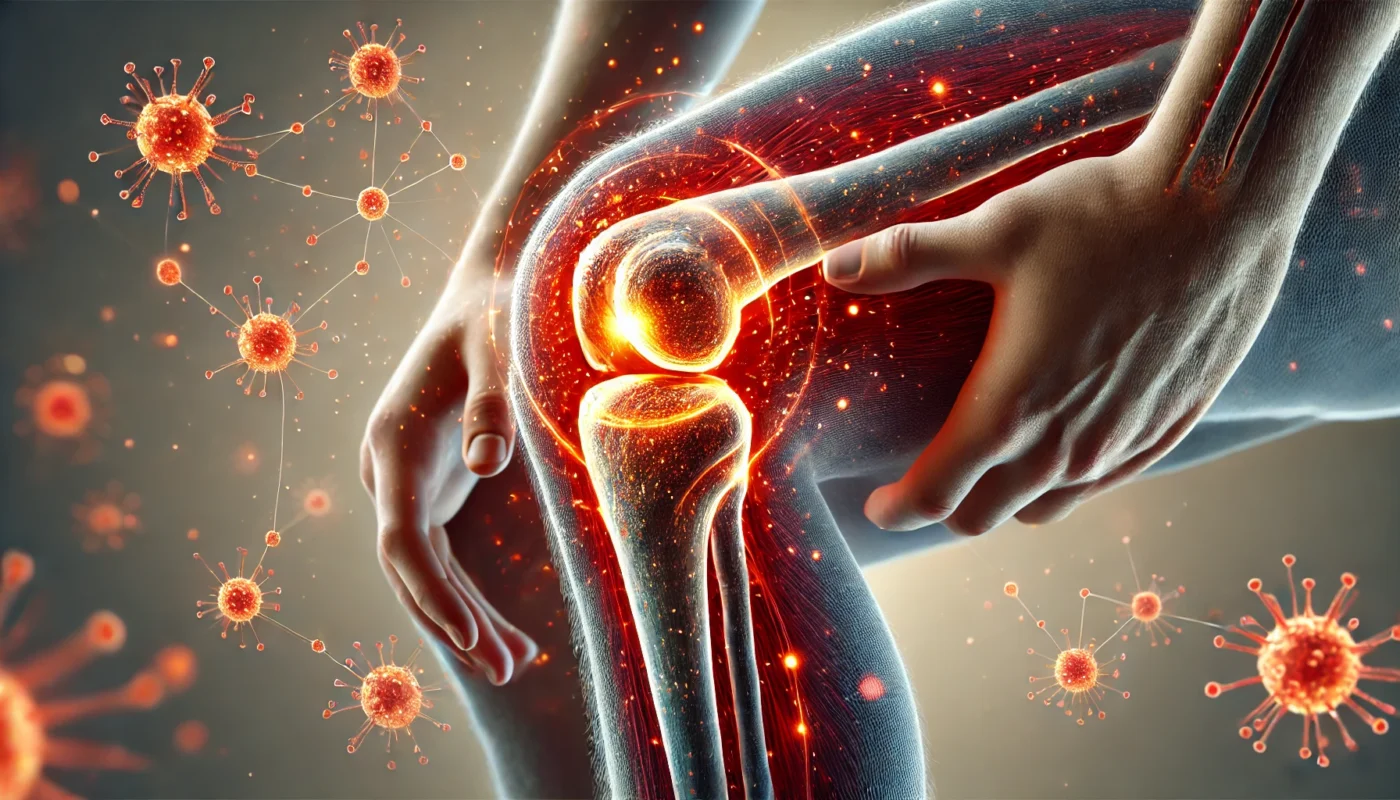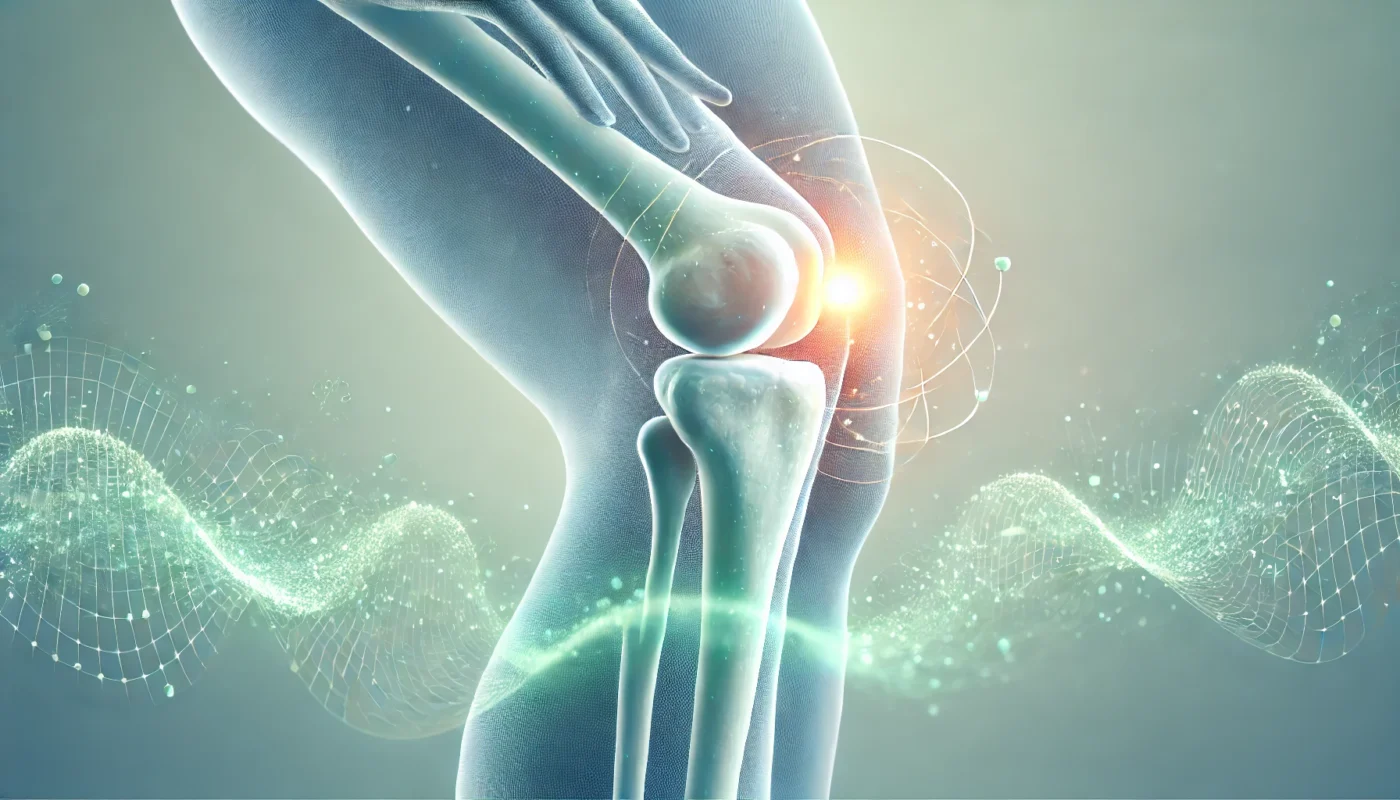Body pain tablets, often referred to as analgesics, are medications designed to relieve pain. They function by inhibiting pain signals from reaching the brain or by altering the brain’s perception of these signals. The primary categories of body pain tablets include nonsteroidal anti-inflammatory drugs (NSAIDs), acetaminophen, and muscle relaxants. Each of these categories has its unique mechanisms and applications.
Tag Archives: Natural Remedies
Neck and shoulder pain can be a real hindrance. It can limit your mobility, disrupt your daily activities, and significantly impact your quality of life.
But what if there were natural ways to manage this discomfort?
This article explores the role of vitamins and supplements in supporting neck and shoulder health. We delve into the science behind their potential benefits and provide practical advice on how to incorporate them into your lifestyle.
Whether you’re a fitness enthusiast recovering from an intense workout, a health enthusiast seeking to optimize your wellbeing, or a medical patient managing a health condition, this article is for you.
We’ll discuss a range of vitamins, from Vitamin D to Omega-3 fatty acids, and their potential impact on neck and shoulder pain. We’ll also explore other natural supplements and lifestyle factors that can contribute to pain relief and overall health.
Remember, while vitamins and supplements can be beneficial, they should not replace medical advice. Always consult with a healthcare provider before starting any new regimen.
Ready to learn more? Let’s dive into the world of vitamins for neck and shoulder health.
Joint inflammation is a common health concern. It can cause discomfort, limit mobility, and significantly impact quality of life.
Understanding the causes and solutions for joint inflammation is crucial. It can help you manage symptoms and maintain an active lifestyle.
This article aims to provide a comprehensive overview of joint inflammation. We’ll delve into its causes, symptoms, and the role of the immune system.
We’ll also explore both pharmaceutical and alternative approaches to managing joint inflammation. This includes over-the-counter medications, prescription drugs, and natural remedies.
We’ll discuss the role of diet, exercise, and lifestyle changes in managing joint inflammation. We’ll also provide practical tips for creating a personalized management plan.
Whether you’re a fitness enthusiast, a health enthusiast, or a medical patient, this article is for you. It’s designed to help you understand and manage joint inflammation effectively.
By the end of this article, you’ll have a better understanding of joint inflammation. You’ll also have practical strategies to manage it and improve your wellbeing. Let’s dive in.
Joint health is a crucial aspect of overall wellness, particularly for fitness enthusiasts, health-conscious individuals, and medical patients. One compound that has gained attention for its potential benefits for joint health is glucosamine sulfate.
Derived from shellfish or produced synthetically, glucosamine sulfate is a natural compound found in healthy cartilage. It’s often used in supplements aimed at managing symptoms of bone and joint disorders, such as osteoarthritis.
However, understanding the science behind glucosamine sulfate and its effects on joint health can be challenging. There’s a wealth of information out there, and not all of it is easy to digest or apply practically.
This comprehensive guide aims to demystify glucosamine sulfate. We’ll delve into the scientific research, discuss practical advice on supplementation, and address common questions and concerns.
Whether you’re a fitness enthusiast seeking to optimize your workouts, a health enthusiast looking to understand complex health information, or a medical patient seeking practical tips, this guide is for you. Let’s explore the benefits of glucosamine sulfate for joint health together.
Pain is a universal experience. It’s a signal from our body that something is not right.
Over-the-counter (OTC) pain relievers are often our first line of defense. They are readily available and can effectively manage various types of pain.
But with so many options, how do you know which one is the best for you?
This article aims to shed light on this question. We will delve into the world of OTC pain relievers, comparing their effectiveness, uses, and potential side effects.
We will focus on the most common ones: acetaminophen, ibuprofen, naproxen, and aspirin. We’ll explore their mechanisms of action and their suitability for different types of pain.
Whether you’re a fitness enthusiast dealing with muscle pain, a health enthusiast seeking to optimize your wellness, or a medical patient managing a health condition, this article is for you.
By the end, you’ll have a comprehensive understanding of OTC pain relievers. You’ll be equipped to make an informed decision about managing your pain effectively and safely.
Summer is a season of warmth and vibrancy. It’s a time for outdoor activities, beach trips, and sun-soaked afternoons. But with the joys of summer come unique challenges for our skin.
Increased temperatures and UV exposure can take a toll. They can lead to issues like sunburn, premature aging, and even skin cancer. Therefore, adjusting our skin care routine for the summer season is crucial.
This article aims to guide you through the intricacies of summer skin care. It bridges the gap between scientific research and practical application. It provides detailed strategies and product recommendations for maintaining and improving skin health during the warmer months.
Whether you’re a fitness enthusiast, a health enthusiast, or a medical patient, this article is for you. It offers comprehensive and practical information on summer skin care. It caters to individuals who value both scientific evidence and holistic approaches to health and wellness.
Dry skin on the face is a common concern. It can be uncomfortable, and for some, it may even impact self-confidence.
But how do you know if you have dry skin?
The answer lies in understanding the symptoms. These can range from a feeling of tightness to visible flakiness.
However, recognizing dry skin is just the first step. It’s equally important to understand the underlying causes.
Factors like diet, environment, and even stress can play a role. By addressing these, you can start to manage and improve your skin’s condition.
This guide will help you navigate the complexities of dry skin. It bridges the gap between scientific research and practical application, providing a comprehensive understanding of the topic.
Whether you’re a fitness enthusiast, a health enthusiast, or a medical patient, this guide offers detailed, practical advice. It’s grounded in scientific research and holistic health principles, making it a reliable resource for your skin health journey.
Joint inflammation can be a significant hurdle in the pursuit of an active and healthy lifestyle. It’s a common issue that can stem from various causes, including arthritis, injury, or overuse.
Understanding the science behind joint inflammation is crucial. It can help you make informed decisions about your health and wellness.
This article aims to shed light on natural remedies for managing joint inflammation. We’ll delve into the research behind these remedies, providing a comprehensive guide for those seeking relief from joint pain.
We’ll explore dietary strategies, highlighting foods known for their anti-inflammatory properties. We’ll also discuss the role of physical activity and the importance of rest and recovery for inflamed joints.
Natural supplements and herbs will be another focus. We’ll examine the benefits of Omega-3 fatty acids, antioxidants, and herbal remedies like turmeric and ginger.
Alternative therapies such as acupuncture, massage, and mind-body practices will also be discussed. We’ll look at their effectiveness in managing joint inflammation and improving overall wellbeing.
Lastly, we’ll touch on the integration of these natural remedies with traditional treatments. We’ll emphasize the importance of consulting with healthcare providers to ensure a safe and effective approach to joint inflammation management.
Embark on this journey with us to discover how you can manage joint inflammation naturally and effectively.
Arthritis is a common ailment that affects millions worldwide. It’s characterized by joint pain and inflammation, often leading to reduced mobility and quality of life.
For many, managing arthritis pain is a daily challenge. Traditional medications can provide relief, but they often come with side effects. This has led many to seek natural remedies, such as herbal teas.
Herbal teas have been used for centuries to alleviate various health conditions. They’re rich in antioxidants and anti-inflammatory compounds, making them a potential complementary treatment for arthritis pain.
In this article, we’ll delve into the science behind herbal teas and their potential benefits for arthritis. We’ll explore various types of herbal teas, from green tea to ginger, turmeric, and nettle tea, among others.
We’ll also provide practical advice on how to incorporate these teas into your arthritis management plan. This includes potential side effects, interactions with medications, and the role of diet and lifestyle in managing arthritis.
Whether you’re a fitness enthusiast, a health enthusiast, or a medical patient, this comprehensive guide aims to help you navigate the world of herbal teas for arthritis pain.
Join us as we explore the potential of these natural remedies in providing relief and improving your wellbeing.
Inflammation is a common health concern. It’s a natural response to injury or illness, but when it becomes chronic, it can lead to serious health issues.
Steroids, like prednisone, are often prescribed to manage inflammation. They’re effective, but they come with potential side effects, especially with long-term use.
This raises a question. Is there an alternative to steroids for inflammation?
The answer is yes. There are numerous natural and over-the-counter options that can serve as substitutes for steroids. These alternatives can offer anti-inflammatory benefits without the risks associated with steroids.
In this comprehensive guide, we’ll explore these alternatives in detail. We’ll delve into the science behind them and provide practical advice on how to incorporate them into your health regimen.
Whether you’re a fitness enthusiast, a health enthusiast, or a medical patient, this guide is for you. It’s designed to help you understand the scientific research behind alternative health practices and how to apply them effectively to your personal health goals.
So, let’s embark on this journey of exploring non-steroidal anti-inflammatory options. It’s time to take control of your health and wellbeing.










